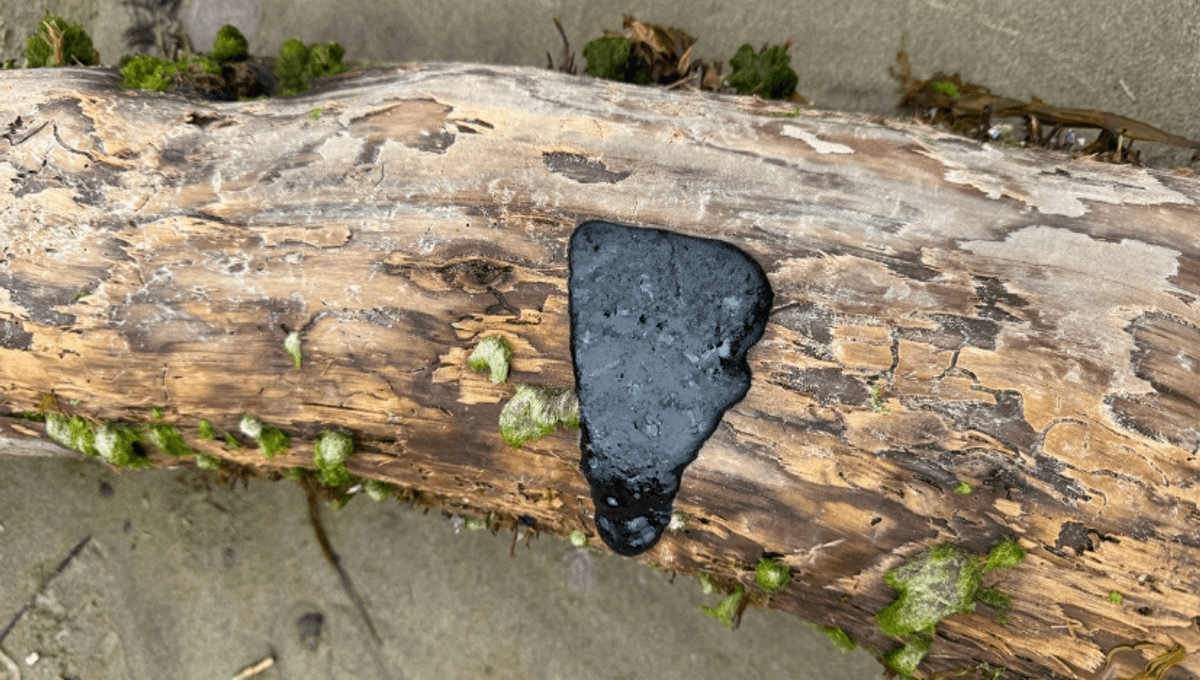
Visitors to the northern Oregon and southern Washington coastline are being told to avoid touching balls and patties of an oily, tar-like substance that’s been washing up on the shore and affecting wildlife.
The substance was first reported on May 19, and in the days that followed, was found along a roughly 240-kilometer (150-mile) stretch of coast from Long Beach, Washington, down to Waldport, Oregon, by a Unified Command set up to respond to the incident.
Wildlife has also been affected by the appearance of the tar-like substance, with multiple birds discovered coated in it. Whilst cleanup teams have been working to rescue contaminated animals, some common murres – a bird species that breeds along the West Coast – have been found dead.
What exactly they’ve been contaminated by is unclear. Both state and federal agencies have been testing the substance and have so far been able to determine that it’s petroleum-based.
The source, however, remains unknown. According to a statement from Oregon’s Department of Environmental Quality (DEQ), response teams were set to carry out aerial surveillance at the weekend to try and identify the substance’s origins.
In the meantime, teams from the U.S. Coast Guard, Oregon DEQ, and Washington Department of Ecology have been continuing to monitor beaches for any further appearances of the tar-like substance and affected wildlife.
Whilst the public has been encouraged to help out by reporting oiled wildlife, officials from the Unified Command have also warned people to leave the substance – and any affected animals – well alone.
“Coastal visitors are encouraged to avoid touching or handling the tar balls or other oily material. Dogs and other pets should be kept away from these materials. Tar balls are sticky and can get on skin, hair and clothing,” cautioned the Oregon DEQ.
“Please leave cleanup to professional responders who are trained and equipped to handle this type of material.”
Visitors who spot contaminated wildlife have also been asked to refrain from touching them, or burying them if found dead. “Untrained handling of affected wildlife is dangerous to the animals and any individuals attempting to help,” said the Oregon DEQ.
If anyone does happen to get the substance on them, the response team has some useful advice for getting it off: use something that can cut through grease. That includes bog-standard soap and water, but also baby oil, shampoo, and dish detergent – and definitely don’t use solvents or fuel products.
Source Link: Oregon Officials Warn People Not To Touch Mystery Tar-Like Substance On West Coast Beaches